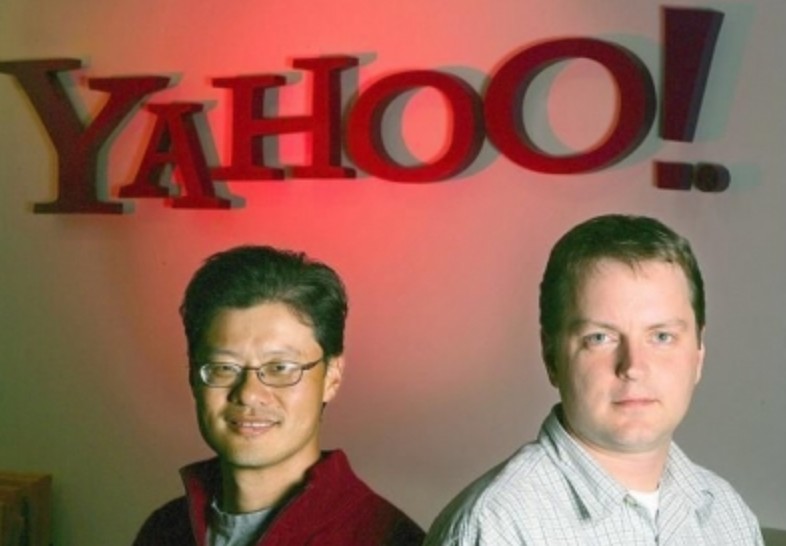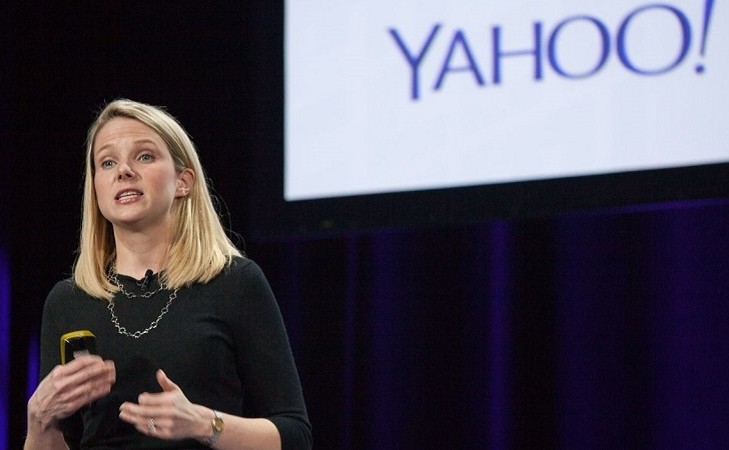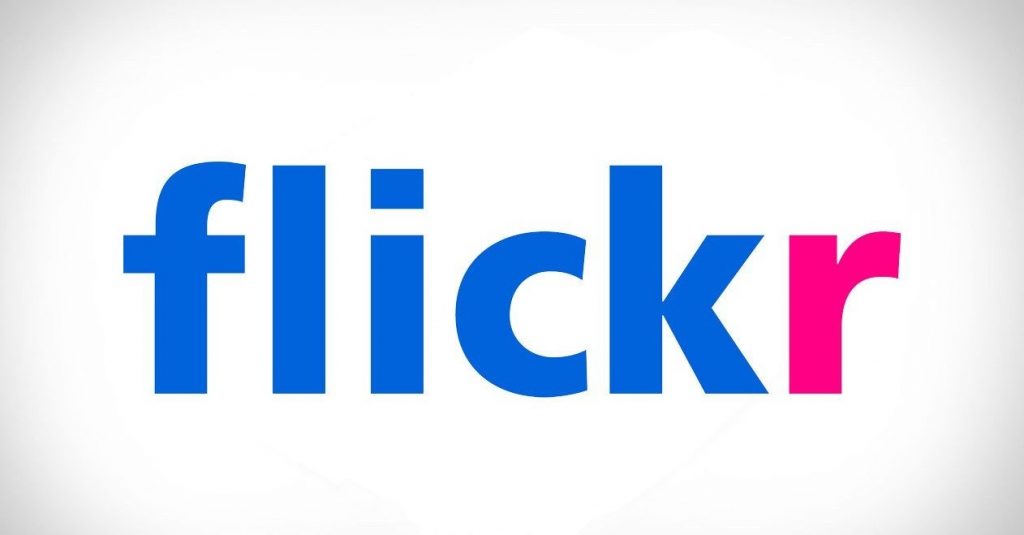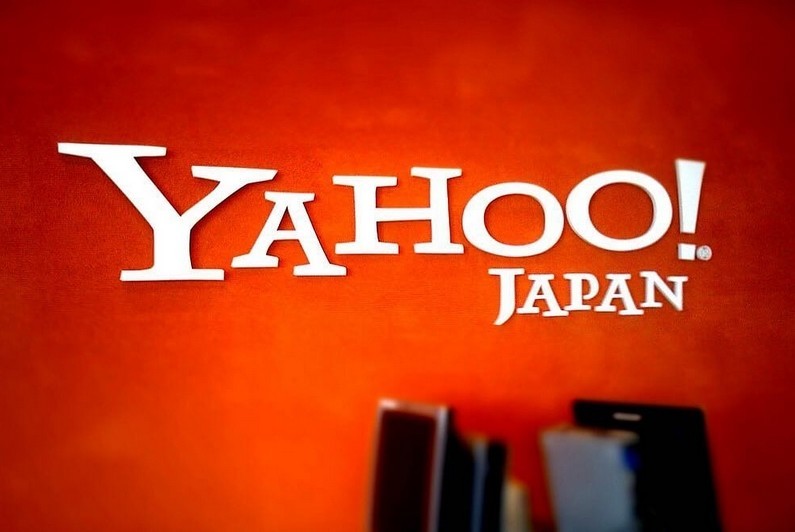Yahoo once was all over the internet. We are going to discuss about history and future of Yahoo Inc. There was a time not too distant when Yahoo! It was the company that seemed to be able to do everything and everyone . At the end of the last century there was no one to cough, but despite having a fantastic future before it, Yahoo! it has been relegated to a shadow of what it was.
The fault, eye, is only Yahoo! The company did not stop making blunders in critical decisions that would have turned it into a tech giant perhaps bigger than any of those that exist today. But again and again, raised the option, on Yahoo! they always chose the wrong one . Here are the great mistakes of a company that could have been much more than it is.
A company that was everything in the late 90s

In 1996 Yahoo!, which had created one of the first Internet directories – the forerunner of search engines – became a public company.
The company began creating parallel services (Mail, Messenger, Groups, Responses) and its value grew in an astonishing way in the following four years, and from that initial market value of 848 million dollars it went on to be worth 125,000 million in the year 2000.
He had so much money that he became the star of the dot-com bubble. In 1999, it bought Geocities for $ 3.6 billion (they would close their doors 10 years later without achieving anything ) and Broadcast.com (does anyone remember it?) For a whopping $ 5.7 billion. One of the worst acquisitions in history.
Decisions like those were not the most appropriate, but the worst was yet to come, because after the explosion of the bubble those big errors of Yahoo! began to occur. Let’s see the five most notable that decided the future of Yahoo wrong descision.
Don’t buy Google for $ 1 billion

Larry Page and Sergey Brin had barely started their search engine when in 1998 they offered AltaVista to buy it for just $ 1 million.
They wanted to continue studying, but AltaVista was not interested. Nor in Yahoo !, where they wanted people not to find what they were looking for and go to other websites (which is what Google’s search engine did until not long ago ), but to stay on their platform.
Yahoo! He ended up using the Google search engine on his own platform and decided that the best thing would be to buy from Google. Terry Semel, the then CEO of Yahoo!, was negotiating for months, and was outraged when Brin and Page rejected the $ 3 billion purchase offer . They asked for 5,000 million, an offer that they considered much more reasonable.
Semel flatly refused. Yahoo! bought Inktomi, a search engine, for $ 257 million, believing that would be enough to put his searches where they deserved. They also bought AdWords competitor Overture in 2003 , but it took a long time to get it up and running and let Google license a key patent for that platform that would allow them to dominate the market in the long run. They believed that that was enough.
They were wrong.
Do not offer more on Facebook
Something similar happened in 2006 when they rightly saw the potential of Facebook ( others had already seen it as well and tried to acquire Zuckerberg’s company) and tried to buy it for 1 billion dollars according to the book ‘The Facebook Effect’, by David Kirkpatrick.
It wasn’t a bad deal, especially considering Facebook was two years old, about 9 million users, and $ 20 million in revenue. Facebook investors thought the offer should be accepted, but Zuckerberg made it clear in a meeting with the team that they were not going to sell.
In fact Yahoo! he did not keep his offer: after poor results in the second quarter of that year, they decided to lower their offer: now they were offering $ 850 million . If Zuckerberg wasn’t initially convinced, he was even less so now.
Hire CEOs who failed to raise the company

The list of top managers of Yahoo! it’s a list of big failures. The last one starred Marissa Mayer , but in reality she is the latest of a few very unprofitable signings.
Carol Bartz, hired in 2008, was succeeded by Tim Morse, who would eventually be replaced by Scott Thompson in 2012 . This manager lasted 130 days at the company, announced a restructuring with the layoffs of 2,000 people, and earned $ 7.3 million (not bad) after being fired and replaced by Ross Levinsohn as interim CEO, who would soon be replaced by Mayer.
Before all of them, before all those disastrous strategic signings, there had been an even worse one for the future of Yahoo! Terry Semel , who had spent 24 years as a director of Warner Bros., had been hired as CEO in 2001 to turn the company into a multimedia content giant.
The comparison with Eric Schmidt, ex-Novell and ex-Sun before signing as CEO of Google, is remarkable. Semel focused on an area that allowed Google to take control of everything that Yahoo! he was destined to dominate. It never did . Some call Semel the worst CEO of an internet company in history.
Still, it must be said, Semel managed to multiply the value of the company’s shares by seven, but his many mistakes doomed the future of Yahoo.
Decline Microsoft’s offer to sell
In February 2008, Microsoft offered $ 44.6 billion to Yahoo! to buy it and thus turn the binomial into a true competitor for a Google that increasingly dominated the market. The price of $ 29.40 per share was 62% higher than the stock the day before.
There had previously been an offer that Terry Semel had rejected in January 2007. He was offered $ 40 per share and Semel rejected that price immediately.
Neither the second was the charm, nor the third. The negotiations caused Microsoft to increase its offer to $ 33 per share, but on Yahoo! they wanted $ 37 , which led to the withdrawal of the negotiations . The value of Yahoo! it would continue to fall irrevocably from that moment on.
By the way, that bad decision was accompanied by another almost equally bad: Microsoft ended up reaching a collaboration agreement with Yahoo! that allowed Ballmer to get everything he really needed from Yahoo! without having to spend the fortune that would have been spent buying it.
Don’t take advantage of the Flickr purchase

Flickr was founded in 2004 by Stewart Butterfield and his then-wife, Caterina Fake. Neither of them expected it to be as successful as it was, but millions of people signed up for a service that glimpsed the relevance of photo sharing and publishing platforms.
One year later Yahoo! made what was probably the best acquisition in its history, and bought Flickr for $ 35 million . The platform had many ups and downs and although in 2013 it received a series of important improvements, it never managed to recover its initial brightness and did not know how to adapt to the mobile environment.
Curiously, the same day that they announced that Flickr impulse, the purchase of Tumblr by Yahoo! for $ 1.1 billion ( while Facebook bought Instagram for $ 1 billion, compare ).
The purchase never worked and it ended up leaving this blogging platform in financial irrelevance: Automattic, the parent company of WordPress, recently bought it for an amount that was rumored to be only 3 million dollars .
In Gizmodo they related the story of this particular failure that was one more face of the failures of Yahoo! In Internet. Flickr could (should) have become what Instagram is today , but it never did.
Yahoo! facing a dark future (except in Japan)
The number and magnitude of the errors of a company that had everything to remain an internet giant but whose course has been disastrous in recent years is surprising . As early as October 2006, the director of Yahoo! Brad Garlinghouse exposed the problems the company faced in his famous ‘ Peanut Butter Manifesto ‘. Nobody paid any attention to him. Paul Graham, a famous investor, would delve into the wound in 2010 with that ‘ What Happened to Yahoo ‘.
Deviating from search, not acting quickly in the advertising segment (having ballots for it), not making the appropriate acquisitions (or sales) and that mismanagement of its CEOs has ended up turning Yahoo! a shadow of what it was.
There are more major mistakes: clever participation in Alibaba was followed in 2012 and 2014 by the sale of part of those shares. Not to mention the daunting security holes that compromised the privacy of millions of users.

The company was bought in 2016 by Verizon, which paid $ 4.83 billion for most of a company that less than a decade earlier could have sold for 10 times as much. At verizon at least they have known, as Matt Mullenbeg of Automattic praised , to hand over the future of Tumblr to a much more appropriate company to make the most of it.
Those oversights have cost a Yahoo! that only survives with the brilliance it once had in Japan , where Yahoo! Japan operates independently and has managed to become an absolute benchmark for Japanese users. Perhaps there are lessons to be learned for those who now rule the future of a Yahoo! that it is more difficult than ever to compete with the current market benchmarks.
Also Read: Top 5 unsuccessful services on internet
